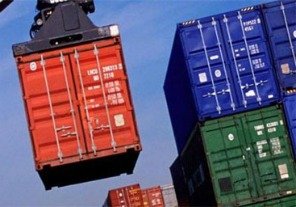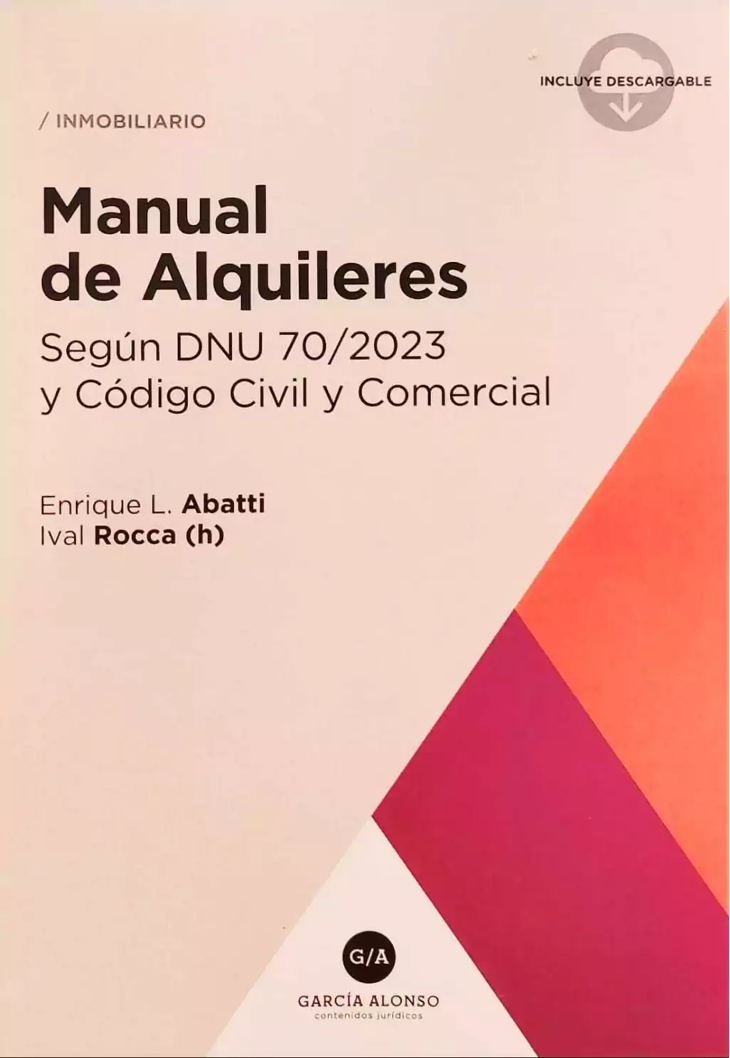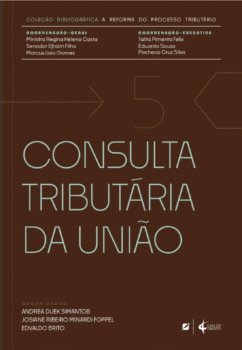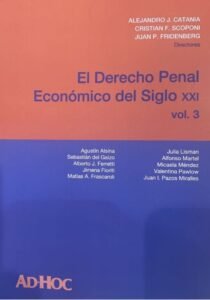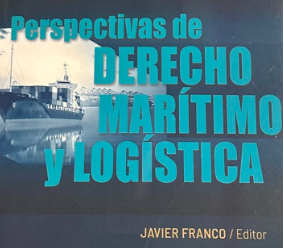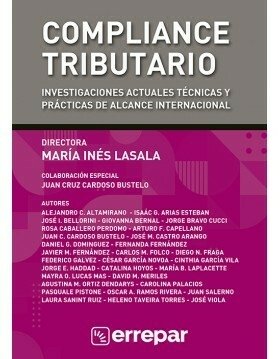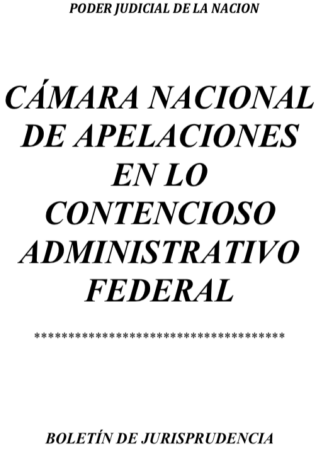Dirigentes empresariales destacan el papel del comercio y de la OMC en la respuesta al COVID-19
En una reunión virtual organizada por la OMC el 19 de mayo en el marco de los Diálogos sobre el Comercio, altos representantes empresariales de todo el mundo debatieron el papel de la política comercial para hacer frente a las repercusiones sanitarias y económicas de la crisis provocada por la COVID-19. En la reunión participaron más de 70 representantes empresariales, que intercambiaron opiniones sobre las medidas de política comercial que podrían mejorar la respuesta mundial a la pandemia.
Organized at the request of the International Chamber of Commerce (ICC) and B20 Saudi Arabia, the meeting brought together business leaders representing companies both large and small from a variety of sectors. The meeting was also attended by Director-General Roberto Azevêdo, Chair of the WTO General Council David Walker, ICC Secretary-General John W.H. Denton and Chair of B20 Saudi Arabia Yousef Al-Benyan.
The meeting followed a recent call from the ICC and the WTO for more dialogue between governments and the business community to enhance the effectiveness of public policies in response to COVID-19. Together, the ICC and B20 collaborated with the WTO Director-General Roberto Azevêdo to facilitate this exchange with the private sector on trade’s role in mitigating the economic damage resulting from the pandemic.
The participants, who represented companies from developed and developing countries from different regions around the world, discussed trade policy responses that could help businesses in their efforts to combat the effects of the crisis and debated the role the WTO could play.
Business leaders stressed the importance of maintaining an uninterrupted supply of essential goods and services at times of crisis. They also called for an effective and rapid implementation of the WTO’s Trade Facilitation Agreement. Echoing language from the G20, they stressed the need for any COVID-related trade restrictions to be targeted, proportionate, transparent and temporary.
Participants underlined the importance of international policy coordination and urged governments to see trade as a complement to domestic production. They emphasized that the WTO has an important role in urging members to provide more transparency on COVID-19 related measures and in gathering examples of best practice in trade-related responses to the crisis.
A summary of the issues raised at the meeting is available here.
WTO Director-General Roberto Azevêdo said:
“Cooperation among governments, businesses, international organizations and other stakeholders will be critical for an effective policy response to COVID-19. That’s why I was happy to facilitate today’s dialogue with businesses. Companies of all sizes made concrete recommendations for policy action, including on trade, that would lay the groundwork for a strong and inclusive economic recovery. It was heartening to hear so much support for the predictability and certainty fostered by the multilateral trading system — as well as interest in ongoing efforts to update the WTO rulebook.”
John W.H. Denton AO, Secretary General, International Chamber of Commerce, said:
“Maintaining a functioning trading system is vital to protect lives and livelihoods through the COVID-19 crisis. Governments and businesses must unite to resist protectionism taking root in the global economy. The private sector is uniquely placed to advise governments on how trade policy can be used to speed the response to the pandemic and enable a rapid economic recovery.
“In this context, we also need to move from talk to action on WTO reform so that it can once again live up to its founding promise of liberalising trade, opening up markets and enabling fair competition. That means finally completing fisheries subsidies negotiations, creating new rules on digital trade and e-commerce, providing greater support for small businesses, and improving the inner workings of the WTO so that it can operate quickly, flexibly and with its ultimate users in mind — business.”
Yousef Al-Benyan , Chair of the B20 Saudi Arabia, said:
“As the world contends with COVID-19, the role of global trade and importance of global supply chains has never been more heightened. Through a coordinated international effort, unrestricted trade and investment can be part of the solution to this crisis and is critical to help us prepare for a recovery. I’m grateful to the WTO and ICC for assembling esteemed leaders to discuss the importance of a concerted action plan to address the pandemic and its impact on trade. Only through close international collaboration can we foster a resilient trade environment and diversified global supply chains to confront the challenges of both today and the future.”
The companies and organizations represented at the event were:
- Adidas
- Agility/Shipa Freight
- ALSTOM
- Arab Economic and Business Group — A’amal Group
- Association of German Chambers of Commerce and Industry (DIHK)
- Berne Union
- Bharti Enterprises
- Boniswa Corporate Solutions
- Boston Consulting Group
- Brazilian National Confederation of Industry
- BT Group plc
- Business Europe
- Business Unity South Africa
- Ceibos Group
- Coalition of Services Industries
- Confederation of British Industry (CBI)
- Deloitte
- Deutsche Post DHL Group
- DIAGEO
- eBay
- Embraer
- Ericsson
- European Round Table for Industry
- FastTrack trade
- Federation of German Industries (BDI)
- FedEx
- FIATA
- Global Trade Solutions
- Grasshoppers Lk
- HSBC
- Huawei
- IKEA
- Information Technology Industry Council (ITI)
- International Organization of Employers
- Investor AB
- Jumia
- Keidanren
- Mastercard
- Merck KGaA
- National Foreign Trade Coucil
- Nestlé
- Rags2Riches
- Russian Union of Industrialists and Entrepreneurs
- Samba Financial Group
- South Asian Women Development Forum (SAWDF)
- The Singapore Business Federation
- United States Council for International Business (USCIB)
- UPS
- Vodafone
- Walmart
- World Association of Investment Promotion Agencies (WAIPA)
World Economic Forum — Switzerland




